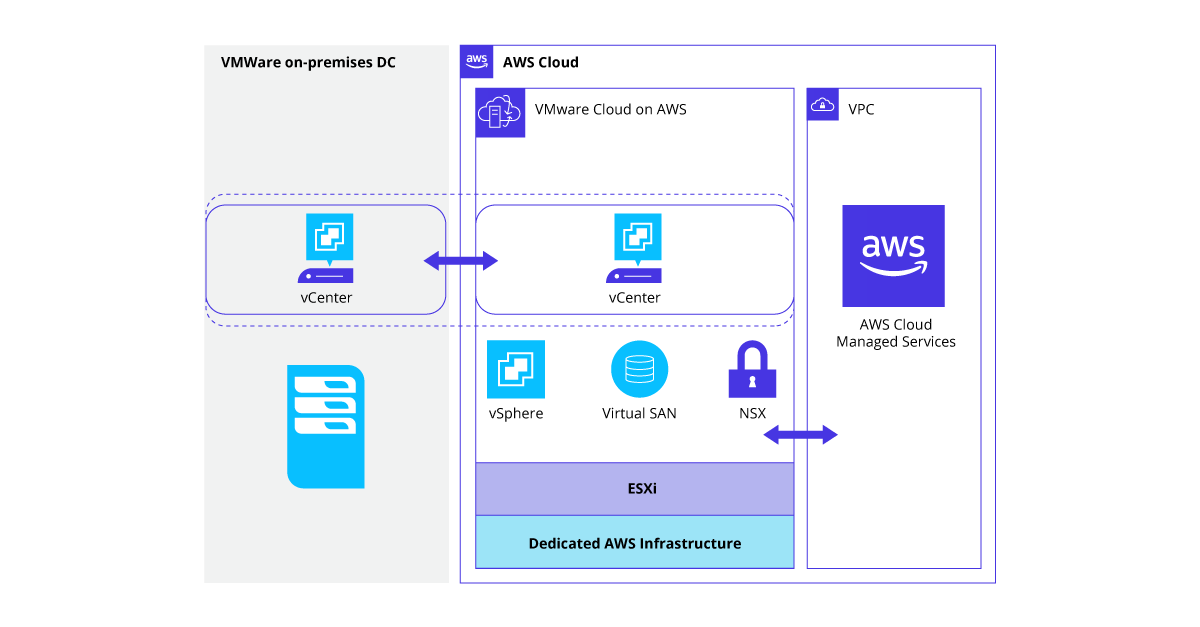
Don't want to miss a thing?

Cloud has become an essential element of healthcare optimization and modernization strategies. Many healthcare organizations have either already adopted cloud or are increasing their adoption process. The progress cloud providers have made allows users to address business goals and build secure, easily-scalable, reproducible, and cost-efficient solutions for workloads that contain PHI.
Amazon Web Services (AWS) is one of the leading cloud providers which proposes a variety of HIPAA compliant managed services. Healthcare organizations can select a preferable technology stack and one of the available service models (IaaS, PaaS, or SaaS) that better satisfies their business needs and aligns with security responsibilities they would like to apply.

Challenges related to healthcare cloud adoption
The most effective migration from an outcomes perspective is re-architecting. However, re-architecture may prove time and cost consuming. And, it's often not so easy to agree on a proper trade-off.
On the other hand, healthcare organizations must contend with healthcare-specific data requirements, including:
- Protected health information (PHI) or personally identifiable information (PII) and related HIPAA, GDPR, and other local specific regulations that spread limitations on places and countries where this data can be stored, tracked for audit purposes, and more
- PET Scans, MRI, CT, ultrasound, and other scanning technologies produce massive amounts and sets of data that must be processed quickly, sometimes in near real-time modes
The question arises in how healthcare organizations should proceed. Doing nothing means enterprises decline all transformations and stop business development. The organization loses market share and concedes to competitors as a consequence. But there is a viable option—a hybrid cloud strategy.
Hybrid cloud refers to a solution combining on-premises infrastructure (private cloud services) and public cloud services.
AWS cloud is a provider that offers the most mature services for hybrid cloud implementation. Here, we will analyze healthcare providers' central challenges to understand better how AWS services for hybrid clouds solves these issues.
Overcoming low readiness and time constraints
As highlighted previously, re-architecture is often the most effective type of cloud migration, but it may be time and cost consuming.
What about a simple Lift and Shift? In this type of migration, users must move VMs and data to a target cloud. Does the implementation team have previous cloud experience? Do users understand the difference between operational models for on-premises DC and public clouds? If not, then, unfortunately, this type of migration will be time-consuming for the organization as well, often due to the reeducation required for the team.
Time constraints, e.g., the healthcare organization has a data center (DC) refresh planned soon, there is a need for an immediate solution for disaster recovery (DR) or unexpected demand increase, is often a primary concern. A simplified rehost approach with VMware Cloud on Amazon Web Services (VMC on AWS) or VMware on Amazon Web Services (AWS) will address this issue. Rehosting simplifies the migration and administrative tasks of cloud adoption by leveraging familiar VMWare services. Users are not required to change the format of their VM, adopt new frameworks, or web-consoles. Businesses will continue all operations in the same manner as with the DC.

This approach also allows users to improve infrastructure with no rush in a planned manner after migration by integrating AWS managed services and HIPAA reference architecture (for backup, long storage purposes, automation tasks, and more.) Talking about specific data sovereignty rules and compliance, this VMC on AWS hybrid cloud design can guarantee that critical data will be stored where needed, either on-premises DC or in the specific AWS region (geographical location) selected for VMC on AWS deployment.
Drawing conclusions, VMC on AWS hybrid cloud solution allows users to:
- Extend DC capacity to handle new load and peaks in time and cost-effective manner (extremely important when it's unpredictable increasing in service usage, like during pandemics) and adequately prepare to further migration
- Build a DR solution in a way to mitigate risks in case of disaster event when the IT department cannot travel to DC facilities (travel restrictions)
- Build a secure, scalable, and cost-effective hybrid cloud environment to address the request for specific data sovereignty rules and compliance
SoftServe as an AWS Premier Consulting Partner ready to assess healthcare providers' challenges, propose the best option for the adoption of hybrid cloud strategy, implement proposed solutions, continuously support and optimize hybrid cloud architecture and related services. To get started today, visit SoftServe’s healthcare AWS expertise page.

